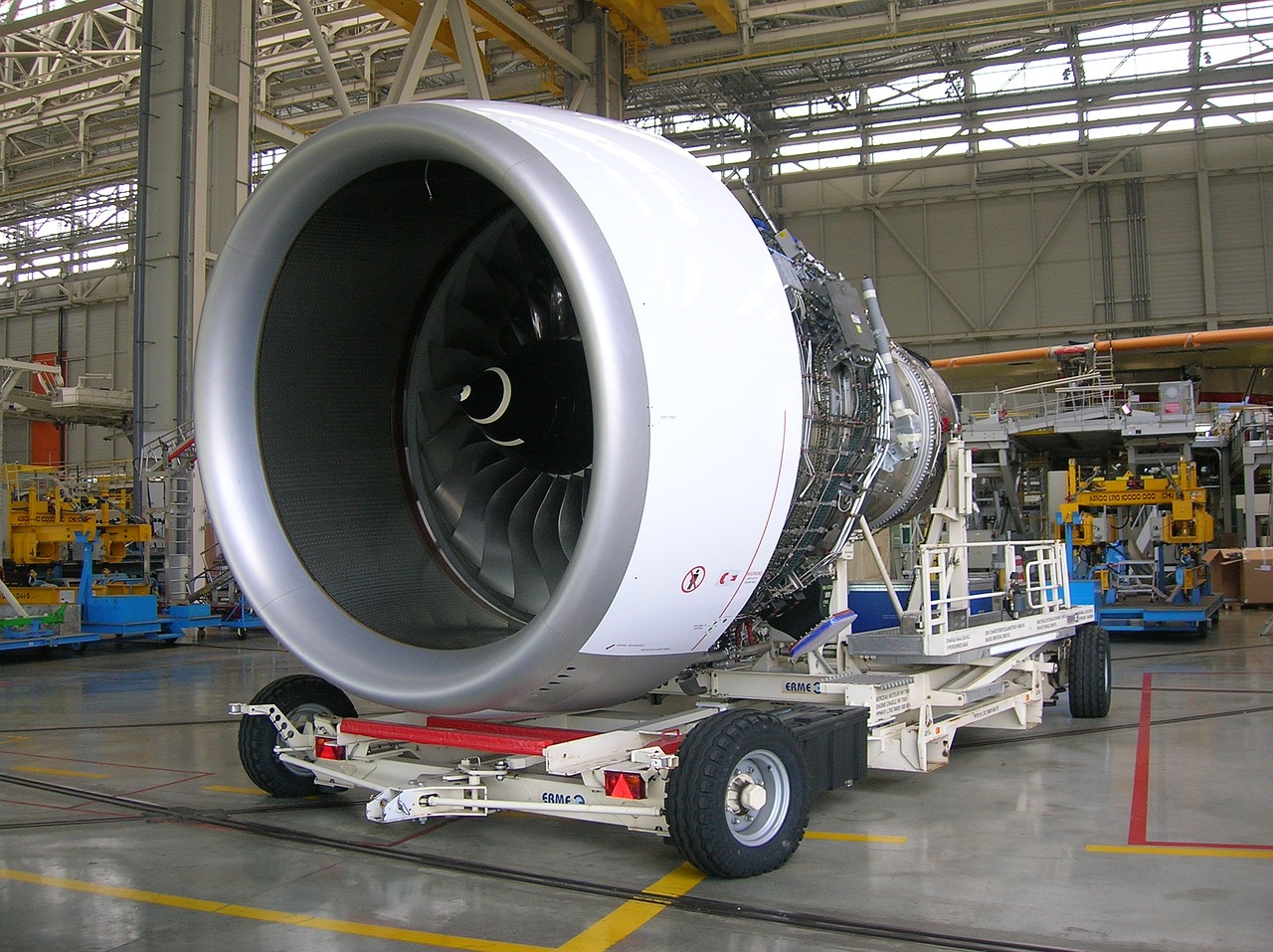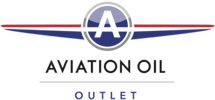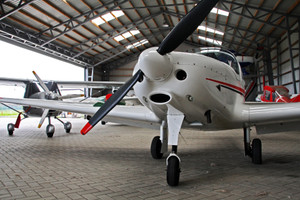State-of-the-Art Aircraft Maintenance: Why It's Essential & How Industry Leaders Do It Right
By on Apr 11th 2018
When it came to aviation supply chain services, maintenance used to be performed by the asset operator and original equipment manufacturers (OEMs). But as the aviation industry has felt the effects of the downturn in the global economy and changes in the political climate, the activity and cost of maintenance shifted to include optimized maintenance, repair, and overhaul (MRO) services.
Market trends have continued to support the MRO industry, with the MRO market worth $135 billion (USD) in 2016. And with robust air travel demand and air traffic growth exponentially climbing, expect to see the MRO market positively grow per annum. This has encouraged the MRO industry to position itself as a key player within the service supply chain.
This, of course, has led to the MRO industry adopting state-of-the-art aircraft maintenance programs, utilizing technology integration tools to improve and develop supply chain processes. Key drivers in this technological change include digital advances, IT support, and asset mobility. Such fundamental industry changes have driven the MRO industry to be an essential component of aviation asset management.
Industry leaders such as Boeing, Airbus, and Rolls-Royce, alongside independent MRO agencies, are perpetually improving the balance between maximizing fleet availability and regulatory compliance while minimizing operating costs.
Boeing MRO
With one of the largest MRO services in the aviation industry, Boeing has a maintenance execution program that specializes in high-skilled work, ensuring fleets minimize downtime and maximize revenue service.
Employing what is known as the -Boeing Edge,- Boeing utilizes methods and procedures that offer total logistics management, the -One Boeing- point of contact, and a reliable maintenance program bridging to reduce transition times and preserve the value of assets.
Their Boeing Edge program offers various MRO service solutions. This includes the 4-point Aircraft Transition Service Solution which includes inspection, planning, execution, and the delivery of a prompt airplane return-to-service, complete with a Certificate of Airworthiness, limiting AOG, and saving time and money. Boeing Edge provides various other fleet services such as modifications, as well as maintenance and engineering.
Such solutions include avionics upgrades, scheduled maintenance analytics, technical support, performance improvement packages, and performance upgrades.
Rolls-Royce Engine MRO
As one of the most active big engine manufacturers in the aviation industry, Rolls-Royce has a comprehensive list of clients employing their in-production engines. Several families of the Airbus fleet are serviced with a Rolls-Royce engine, such as the A330 and A380 families. Every asset operator that is serviced with a Rolls-Royce engine is provided with a -TotalCare- contract.

As one of the most active big engine manufacturers in the aviation industry, Rolls-Royce has a comprehensive list of clients employing their in-production engines. Several families of the Airbus fleet are serviced with a Rolls-Royce engine, such as the A330 and A380 families. Every asset operator that is serviced with a Rolls-Royce engine is provided with a -TotalCare- contract.
According to Rolls-Royce, customers with a -TotalCare- contract profit from -on-wing time, higher residual values of their engine assets, reduced risk and better oversight.- Under the -TotalCare- coverage, Rolls assumes the responsibility of engine maintenance, ensuring its customers enjoy the benefits of a comprehensive maintenance and service package.
By assuming responsibility for engine maintenance, Rolls-Royce guarantees improved reliability and enhanced performance throughout the complete lifecycle of its engines.
Independent MROs
An increasingly important aspect of the aviation industry is the role independent MROs play in improving capabilities throughout the aircraft maintenance sector. Independent MROs partner with OEMs and asset operators to expand the MRO market, but finding roles within niches ensures all platforms and geographical markets remain profitable.
Independent MROs fill gaps within the industry that OEMs are unable to perform. For example, Gulf aircraft maintenance programs have been designed to facilitate large aircraft maintenance and repair. Their investments in specialized capabilities are complemented with the knowledge and expertise that enables them to provide maintenance services better, faster, and cheaper than an OEM.
From line maintenance and base maintenance to defect rectification and cabin works, independent MROs can provide efficient and quality maintenance for various types of aircraft and engines.
The MRO market plays an invaluable role in ensuring fleets maintain complete safety, reliability, and profitability. The heightened value MRO providers bring is essential to the aviation industry as it looks to grow and expand its value propositions across geographical areas and new markets.
As the aviation industry is compelled to grow exponentially, expect to see more MRO programs become more collaborative, more competitive, and more open.
This article is a guest post submitted by Viktoria Grokhovskaya.
Viktoria Grokhovskaya is an independent aviation expert currently working within the aircraft maintenance, repair, and overhaul (MRO) industry in the UAE. She received her bachelor's degree in Management and a Specialist Diploma in Economics and Management at the Enterprise from Astrakhan State Technical University.







